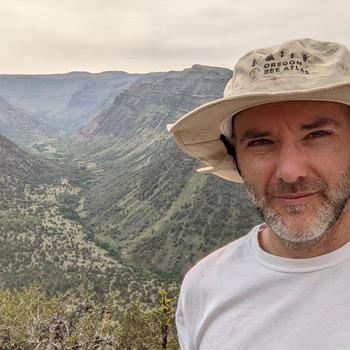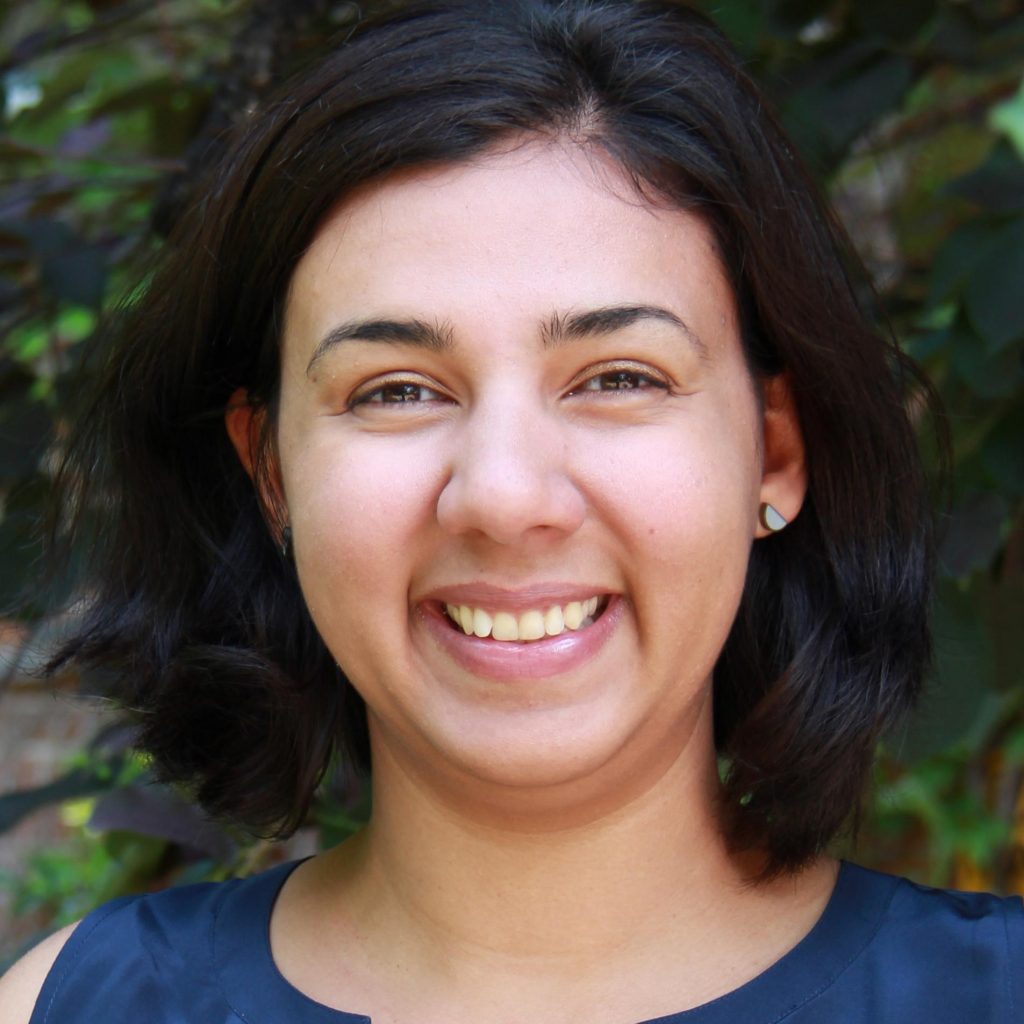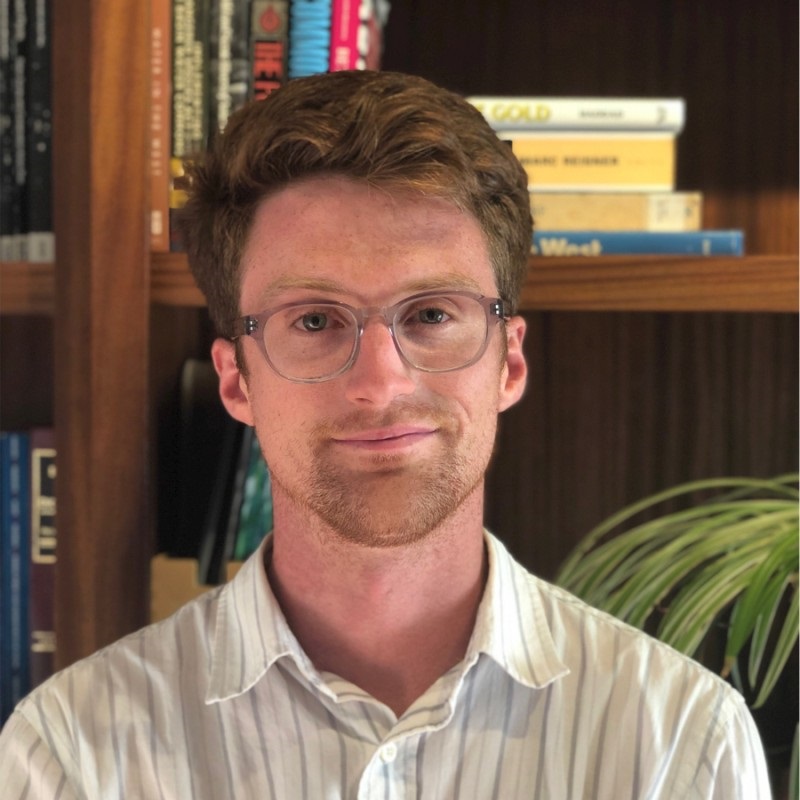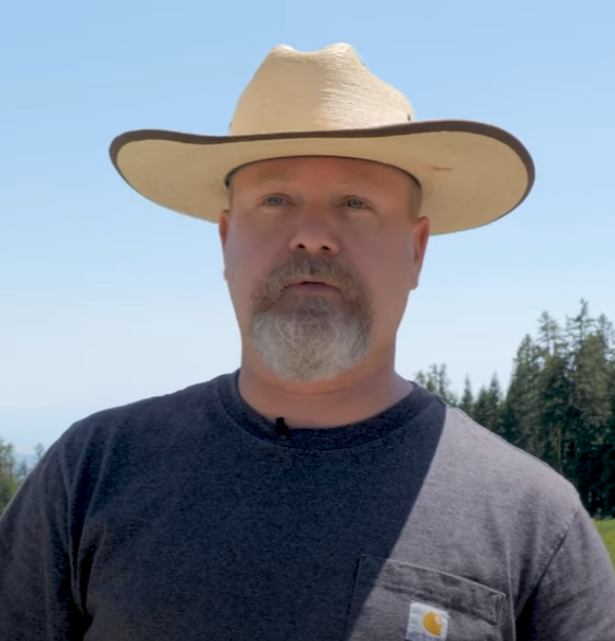Contributors
Click on the photo's for more information
Name
A brief description.
-
Lead Taxonomist
 Lincoln Best
Lincoln Best
Lead TaxonomistLincoln Best is the lead taxonomist for the Oregon Bee Project and Atlas at Oregon State University, Corvallis in partnership with the Oregon Department of Agriculture. He instructs the Oregon Bee School, a course in taxonomy, and many other short courses and field courses.
-
Trained Ecologist
 Dr. Sheila Colla
Dr. Sheila Colla
Trained EcologistDr. Sheila Colla is a classically trained ecologist and assistant professor for York University’s Environmental Studies department. Her research is focused on the lesser-known butterfly and bee species of the world. Her lab, ‘Sheila R. Colla’s Native Pollinator Research Lab’ can be visited at https://www.savethebumblebees.ca/.
-
Staff Scientist
 Jess Tyler
Jess Tyler
Staff ScientistJess Tyler graduated from Portland State University with a Masters of Science focused in the field of Environmental Science. He works at the Center for Biological Diversity where he currently is a staff scientist. His research focuses on the Endangered Species Act, and his publications can be seen at: https://www.biologicaldiversity.org.
-
Renewable Energy Projects Biologist
 Jeffrey Everett
Jeffrey Everett
Renewable Energy Projects BiologistJeffrey Everett received his BS in Environmental Sciences from the University at Buffalo. He began at USFWS Montana Partners for Fish and Wildlife program where he worked for over 5 years. Currently he is a Renewable Energy Projects Biologist for the US Fish and Wildlife Service.
-
MBE Professor
 Keith Delaplane
Keith Delaplane
MBE ProfessorDr. Keith S. Delaplane is a Professor at the University of Georgia and is the Walter B. Hill Fellow & Honey Bee Program Director. He has been caring for bees the majority of his life, beginning when he received his first beekeeping kit from his father at 13 years old. The tradition of beekeeping was passed down among family members, and he continues this legacy through his research.
-
Professor
 David Kleijn
David Kleijn
ProfessorDr. David Kleijn is a professor and the chair of the Plant Ecology and Nature Conservation department at Wageningen University. He explains, “I have come to realize that effective conservation is just as much about people as it is about wild species of plants and animals. I’m therefore investing more and more time in trying to transfer my fascination for the beauty of nature to the general public.”
-
Senior Conservation Biologist
 Rich Hatfield
Rich Hatfield
Senior Conservation BiologistRich manages all aspects of the Xerces Society’s work on bumble bees. Rich has a master’s degree in conservation biology from San Francisco State University, and he joined the Xerces Society in 2012. While earning his degree, his thesis focused on local- and landscape-level factors that contribute to bumble bee species richness and abundance. He has also investigated native bee pollination in agricultural systems in the Central Valley of California and researched endangered butterflies in the San Juan Mountains of Colorado, as well as throughout the Pacific Northwest. In addition to his skills as a research biologist, Rich also has extensive classroom teaching experience with a focus on conservation biology, ecology, and sustainability.
